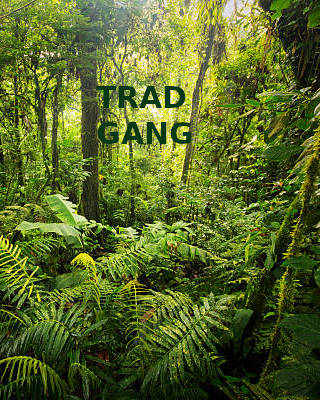 |
   < < |
 |

|

|
| INFO: Trad Archery for Bowhunters |

- Welcome to Trad Gang.
Privilege or right?
Started by sam barrett, September 10, 2009, 05:56:00 PM
Previous topic - Next topic0 Members and 3 Guests are viewing this topic.
User actions
Copyright 2003 thru 2025 ~ Trad Gang.com © |
